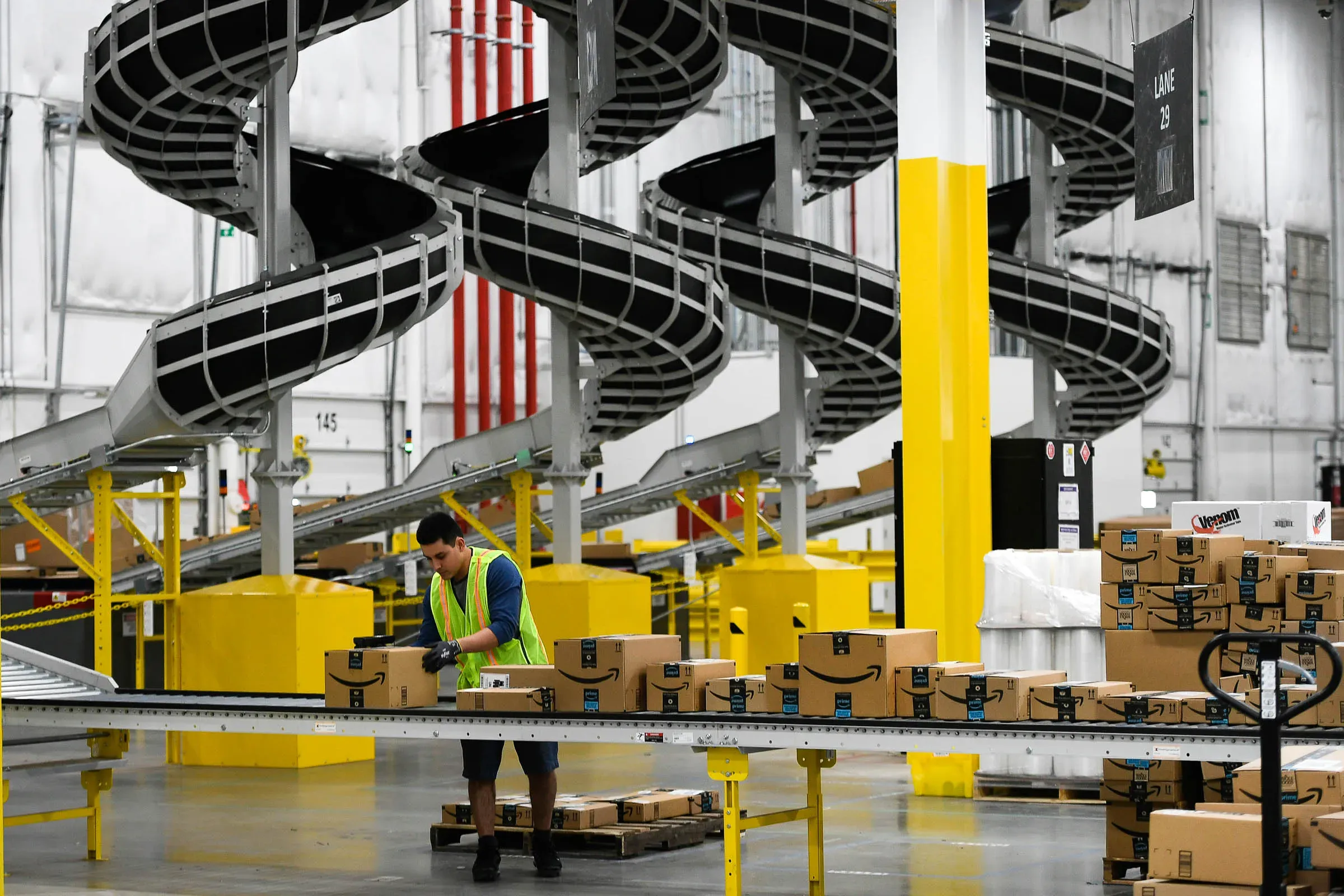Several prominent technology companies released quarterly reports this week, which received big cheers.
The sector rallied strongly after Microsoft's (ticker: MSFT), Alphabet's (GOOGL), and Meta Platforms' (META) results turned out better than expected.
As Amazon (AMZN) executives briefed investors on Thursday about trends in Amazon Web Services, the excitement abruptly came to a halt. After it warned about slowing cloud growth, Amazon shares immediately lost their initial rally on strong first-quarter results. On Friday, the stock fell 4%.
In my view, the abrupt shift in sentiment may be the biggest takeaway for investors in the week: Don't get complacent if you're seeing relief rallies driven by cost cuts. The outlook for growth should take precedence over relief rallies.
Big Tech earnings week began with Microsoft and Alphabet GOOGL –0.68% beating expectations. In the end, it did not matter that Microsoft's revenue growth was meager at 7% year-over-year and Alphabet's was just 3%. It was reassuring to investors to see that business was not getting substantially worse, and they were also pleased to see that the digital advertising and software markets had stabilized.
As a result of Meta's results, the reaction was even more dramatic. After the company posted first-quarter results on Thursday, shares rose 14%. The fact that Meta's revenue grew by only 3% and operating profits declined by 15% didn't matter to investors once again. A number of layoffs and significant spending cuts have been announced by the social media giant, which has been the most aggressive Big Tech company this year. As investors embrace the “year of efficiency,” CEO Mark Zuckerberg has said, its stock has performed well this year.
Amazon continued its party on Thursday. As a result of the company's first-quarter earnings report, its stock soared by over 10%, with revenues up 9% and earnings guidance roughly in line with expectations. With sales up 16% from a year ago, Amazon Web Services (AWS) also performed as expected.
Brian Olsavsky, the chief financial officer of Amazon Web Services, said the company's growth rate slowed by five percentage points in April compared to the first quarter. A challenging economic environment still motivates customers to optimize their cloud spending, Olsavsky said.
In addition to being Amazon's most profitable business, AWS is a critical component of its diverse range of services. In spite of losses elsewhere at the company, it contributed to over 100% of the operating profits last year. AWS' long-term value is heavily impacted by any change in its growth rate. Currently, investors are concerned about a further slowdown in the growth rate.
Stocks in the technology sector had been bid up by investors before this earnings season. It is currently up about 20% this year for the tech-heavy Nasdaq 100 index. But what's next?
The reaction of investors to Amazon's earnings raises questions about the sustainability of the recent gains. It shows that even when cost-cutting is implemented, stocks can fall if growth outlooks worsen.
As a result, valuations remain elevated relative to growth. Despite the fact that large tech companies are growing at single-digit rates, they trade at a 20 to 70 times earnings multiple in 2023, which is not a good combination for future returns. Additionally, if inflation doesn't drop as expected or fears over the banking crisis subside, interest rates could rapidly reverse their decline.
As soon as investors cut staff or reduce expenditures, they have to accept another reality: Layoffs have downsides. A company's ability to generate future revenue is limited when it cuts its sales force.
The ability of tech companies to grow through M&A has been limited in recent years. Activision Blizzard's (ATVI) $69 billion acquisition by Microsoft was blocked by the UK's Competition and Markets Authority on Wednesday due to concerns about innovation in the cloud-gaming industry. The move suggests global regulators are now blocking deals not just based on current markets, but theoretical future ones as well. In order to extend its dominance and fuel growth, Big Tech has acquired start-ups and other promising companies for decades. As a result, significant mergers and acquisitions may no longer be possible.
It was a reminder this week that companies can't cut their way to prosperity by cutting corners. With growth increasingly hard to come by, tech investors should pay attention.

Subscribe to our newsletter!
As a leading independent research provider, TradeAlgo keeps you connected from anywhere.








